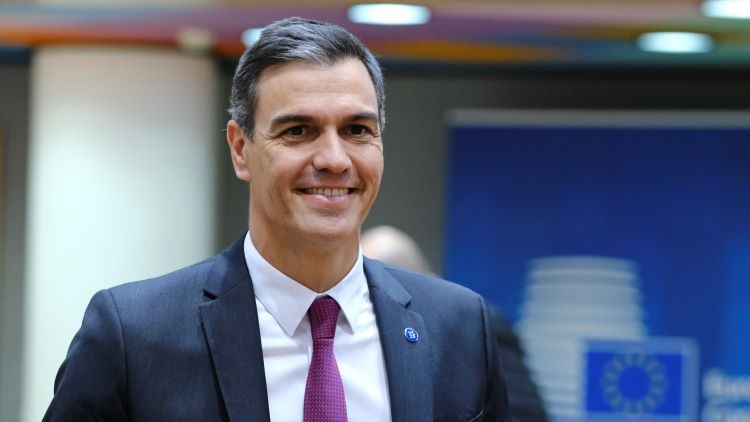Juan David Latorre
Hungarian Ambassador Katalin Toth hosted a reception Wednesday to commemorate the country’s National Day, the 67th anniversary of the 1956 Revolution, in which Hungarians confronted the communist government and policies imposed at the time from the Soviet Union.
“October 23 marks a significant date and a bloody anniversary,” the ambassador said as she recalled the uprising “which ultimately failed but remains rooted in the collective memory of Hungarians” and confirms their “deep love of freedom and their homeland.”
Recalling the thousands of deaths and exiles that followed the repression by the Soviet authorities, the ambassador linked those events with the current conflicts in Ukraine and the Middle East “because we Hungarians have experienced first-hand the consequences of war” and “we cannot remain silent about these conflicts.”
Katalin Toth condemned “all forms of aggression in both Ukraine and the Middle East” and recalled that, with regard to Ukraine, her government “has insisted from the beginning on the importance of efforts to achieve peace as soon as possible.” She recalled that the safety of the Hungarian minority in Transcarpathia “must be a priority” and sent a message “to the Ukrainians fleeing the war”: “You can count on us in all areas”.
Regarding the conflict in Gaza, she assured that “terrorist acts against Israel are unacceptable” and the attacks committed by Hamas cannot be relativized”.
Finally, she underlined Hungary’s Europeanism by affirming that “although we want to respect our traditions, we are also proud to be Europeans”. Therefore, he considered that “together (the EU countries) we can build an even stronger community, based on our Judeo-Christian tradition and on the principle of openness to dialogue”.
The councilor of Chamberí of the Madrid City Council, Jaime González Taboada, highlighted the heroism of the Hungarians in that fight for freedom “which deserves the admiration and respect of all those who want to live always in freedom”, as well as the solidarity and the spontaneous help that multiplied in Spain at that time.











